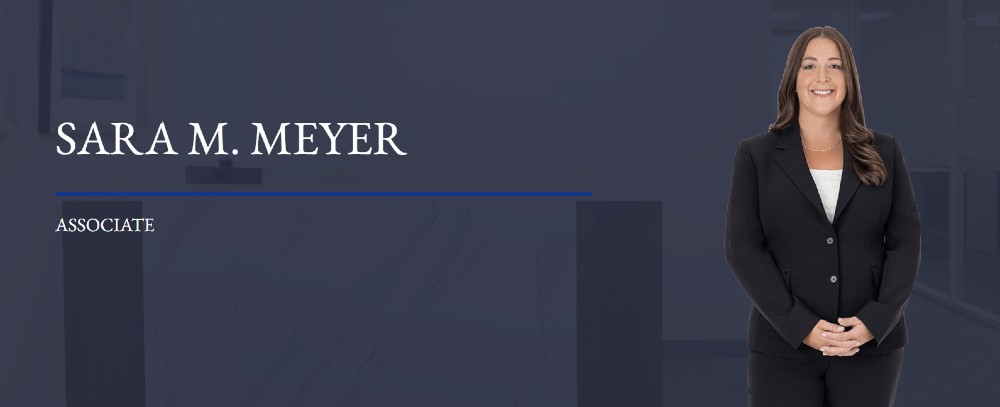While it is a topic that few like to think about, preparing for the future and making end-of-life plans is essential. In making these plans, having a comprehensive estate plan is one of the most important things you can do to secure your assets and protect your loved ones.
While every person’s estate plan might look somewhat different because each individual person requires their own strategy based on their needs, assets and what they want to do with them, there are several components that most estate plans have in common.
Wills
A Will is a legal document that specifies how you want your assets to be distributed after your death and who will be responsible for distributing them. The Will goes through probate court after your passing where a judge will determine the Will’s validity and ensure that your wishes are followed consistent with what you say in your will. Probate is not a private process, and the public can access these records, including the names of your beneficiaries.
Trusts
A Trust is a legal arrangement that shares similarities with a Will. You can add a Trust to your estate plan People can have one or the other, and some people choose to have both. Trusts are advantageous because you create it during your lifetime and place assets in it while you are living.
You can manage those assets as you wish, choose beneficiaries, establish conditions for when your beneficiaries will receive your assets and, in the case of a revocable trust, you retain full control of the trust while you are alive. You can change, amend or revoke a trust at any time.
You can designate a trustee to be responsible for administering and distributing your assets during your lifetime, if you become incapacitated, or after you die.
Certain Trusts are used to plan for the case of Nursing Home Care while others can help minimize taxes in certain situations. Both have the added bonus of avoiding probate, the process of going through the courts, which a person must do if they have only a Will.
Another benefit of having a Trust is that it is private and it does not have to go through probate court. If you become incapacitated or pass away, the trustee takes charge automatically and distributes the assets to your beneficiaries according to your wishes.
You can also place conditions on when a beneficiary receives an asset. For example, you could state that your daughter can only receive the properties you want her to have after she graduates from law school.
Power of attorney
A Power of Attorney gives another person authority to act on your behalf if you become incapacitated or are unable to manage your affairs. It is primarily used for making financial decisions. Executing this document can avoid the aggravation and large expense of a Guardianship proceeding.
Health Care Proxy
A Health Care Proxy allows you to designate someone to make medical decisions on your behalf if you are unable to make decisions for yourself. It is critical to discuss your healthcare choices and wishes with your chosen proxy when you create the document, as well as state it in the document itself.
Living will
A Living Will outlines your end-of-life preferences or wishes, such as decisions about medical care and whether you want to remain on life support, donate your organs, and any other end-of-life medical preferences.
Other available estate planning tools
These are just a few estate planning tools available to individuals in New York. There are other tools available as well, depending on your individual estate planning strategy. For example, some people leave a letter of instruction, and others choose to designate a guardian for minor children.
It is important to understand the critical nature of having a comprehensive estate plan and creating it early. You can always change it as your life changes, but if you lack an estate plan, you cannot go back and make plans to protect your family when you no longer have the capacity or pass away.
Estate planning is a combination of individualized strategies based on your individual circumstances, finances, assets, beneficiaries and other factors. It is also critical to have knowledge of New York law as it pertains to estate planning, given that every document within the estate plan must comply with the law.


